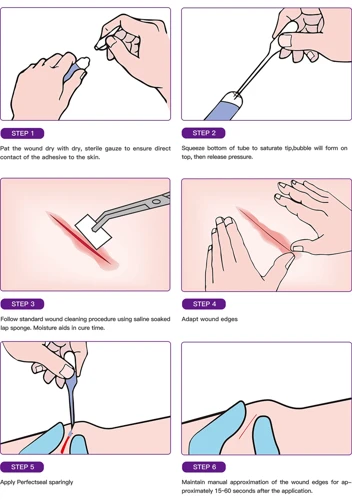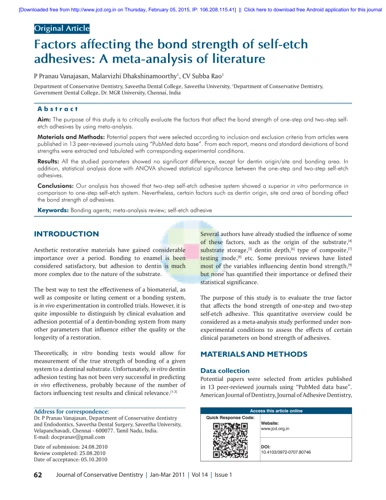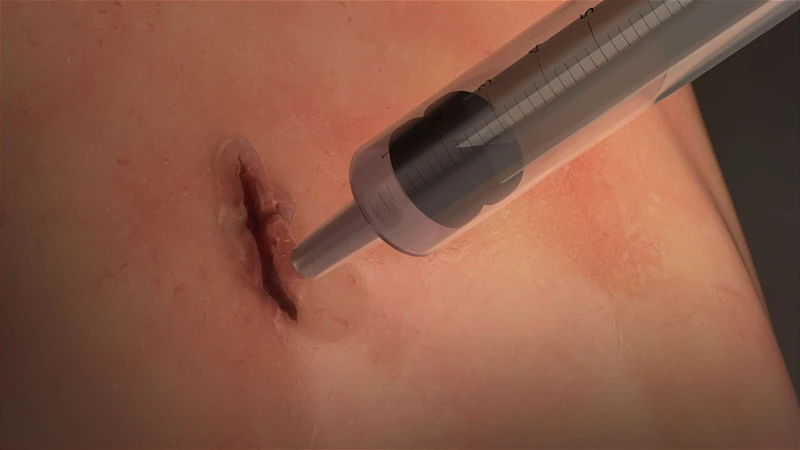The advent of minimally invasive procedures has revolutionized the field of surgery, with laparoscopy standing at the forefront of this transformation. An integral component of this surgical technique is the use of surgical glue, a medical adhesive that has simplified the wound closure process.
What is Surgical Glue?
Surgical glue, also known as tissue adhesive or cyanoacrylate glue, is a biocompatible substance utilized to close wounds after surgery. It works by forming a strong chemical bond between the edges of the incision, effectively sealing it without the need for traditional stitches or staples.
Role of Surgical Glue in Laparoscopy
In laparoscopic procedures, the use of surgical glue has become increasingly popular due to its ability to provide a secure closure of the small incisions made during surgery. This method not only accelerates the closing process but also minimizes scarring and reduces the risk of infection.
Surgical Glue Duration and Effectiveness
The selection of surgical glue for incision closure is not arbitrary; it is chosen for its proven effectiveness and the convenience it offers in the healing process. Understanding its duration and effectiveness is crucial for patients undergoing laparoscopy.
How Long Does Surgical Glue Last?
The surgical glue duration typically ranges between 5 to 10 days. During this time, it provides a waterproof and microbial barrier, gradually breaking down as the incision heals beneath it.
Factors Affecting Surgical Adhesive Lifespan
The surgical adhesive lifespan can be influenced by several factors including the location of the incision, patient’s skin type, and adherence to postoperative care instructions. Proper care is essential to ensure optimal adhesive performance and longevity.
Healing After Laparoscopy
The journey of healing after laparoscopy is marked by the body’s innate ability to repair itself, with the surgical glue playing a supportive role in this natural process.
Overview of the Incision Healing Process
The incision healing process involves a complex cascade of biological events that lead to the closure and restoration of the affected tissue. This process commences immediately after surgery and continues until the wound is completely healed.
Stages of Post-Laparoscopic Surgery Healing
Post-laparoscopic surgery healing can be divided into three primary stages: the inflammatory phase, the proliferative phase, and the maturation phase. Each stage is vital for the successful healing of the incision site.
Adhesive Suture Care
Effective adhesive suture care is a cornerstone in the postoperative recovery, ensuring that the surgical wound closure remains intact and free from complications.
How to Care for Your Surgical Wound Closure
Caring for your surgical wound closure involves keeping the area clean, avoiding unnecessary pressure or friction, and monitoring for any signs of adverse reactions to the adhesive.
Protecting the Adhesive During Recovery
Protecting the adhesive during recovery means adhering to specific guidelines such as avoiding soaking the area in water and being cautious with activities that may lead to the premature peeling of the glue.
Laparoscopy Recovery: What to Expect
Laparoscopy recovery is a critical period where patients must be cognizant of the dos and don’ts to ensure a smooth and swift return to normal activities.
Immediate Postoperative Wound Care
Immediate postoperative wound care entails gentle cleansing of the incision area, if required, and following the surgeon’s instructions for dressing changes or adhesive care.
Long-Term Healing and Monitoring
Long-term healing and monitoring involve observing the incision for signs of proper healing over weeks to months and seeking medical advice if any issues arise.
The Role of Dissolvable Stitches in Laparoscopy
While surgical glue is a popular choice, dissolvable stitches also play a significant role in laparoscopic wound closure, offering an alternative method for surgeons.
Understanding Dissolvable Stitches
Dissolvable stitches are made from materials that can be broken down and absorbed by the body over time, eliminating the need for removal.
Comparing Dissolvable Stitches and Surgical Glue
Comparing dissolvable stitches and surgical glue reveals differences in application, duration, and patient comfort, each with its own merits in postoperative wound management.
Best Practices for Postoperative Wound Care
Adhering to best practices for postoperative wound care is paramount for a complication-free recovery and optimal healing outcomes.
Keeping the Wound Clean and Dry
Keeping the wound clean and dry is fundamental to prevent infection and ensure the integrity of the surgical glue or stitches.
Recognizing Signs of Infection or Complications
Recognizing signs of infection or complications early can prevent more severe health issues and warrant a prompt response to postoperative challenges.
When to Seek Medical Advice
Being informed about when to seek medical advice is crucial for patients who have undergone laparoscopy, as it can prevent minor issues from escalating into major complications.
Normal vs. Abnormal Symptoms Post-Surgery
Distinguishing between normal and abnormal symptoms post-surgery is key to understanding when medical intervention may be necessary.
When to Contact Your Healthcare Provider
Patients should be aware of certain red flags that indicate the need to contact their healthcare provider, such as signs of infection, persistent pain, or adhesive breakdown.
Enhancing Your Recovery Experience
Patients can take proactive steps to enhance their recovery experience following laparoscopy, promoting faster healing and reducing the risk of complications.
Dietary Recommendations for Optimal Healing
Incorporating dietary recommendations for optimal healing, such as consuming nutrient-rich foods that support tissue repair, can significantly influence the recovery process.
When it comes to post-surgical care, understanding how long various adhesives last can be crucial for proper healing. While surgical glue is often used in procedures like laparoscopy, its duration can be a concern for patients. If you’re curious about the longevity of different types of adhesives, you might find our articles on how long epoxy glue lasts, the drying time of Gorilla Glue epoxy, and acrylic glue to be informative. Although these articles focus on commercial adhesives and not medical-grade glues, they can provide a general understanding of adhesive lifespans which might be indirectly helpful for those looking to compare different types of bonding agents.
Activity Guidelines and Restrictions
Adhering to activity guidelines and restrictions is essential to prevent strain on the healing incision and ensure a successful laparoscopy recovery.



